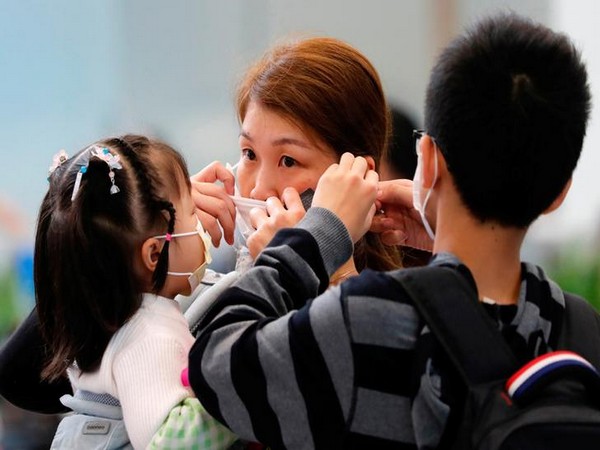Coronavirus outbreak: Signs, symptoms and preventive measures
A person infected by the virus shows common signs including respiratory symptoms, fever, cough, shortness of breath, and breathing difficulties.

- Country:
- India
The novel coronavirus (2019-nCoV) outbreak, a new strain of previously unidentified coronavirus in humans is rapidly spreading around the world. The deadly virus which originated in the Chinese city of Wuhan in December has now spread to other parts of the world including Japan, Thailand, South Korea, India, Indonesia, the United States of America, Italy, Canada, France, to name a few.
According to the latest estimates by the World Health Organization, a total of 95,265 cases and 3281 deaths have been reported globally.
To date, no specific medicine has been recommended to prevent or treat the new coronavirus (2019-nCoV). This epidemic can be pushed back, but only with a collective, coordinated and comprehensive approach that engages the entire machinery of government says WHO Director-General Tedros Adhanom Ghebreyesus.
Signs and Symptoms of 2019-nCoV
A person infected by the virus shows common signs including respiratory symptoms, fever, cough, shortness of breath, and breathing difficulties. In more severe cases, the infection can cause pneumonia, severe acute respiratory syndrome, kidney failure, and even death. According to the Centers for Disease Control and Prevention (CDC), symptoms of 2019-nCoV may appear in as few as two days or as long as 14 after exposure.
 Image Credit: Twitter (@ndmaindia)
Image Credit: Twitter (@ndmaindia)
Preventive measures
According to the World Health Organization (WHO), the transmission mode of the 2019-nCoV can be similar to that of other coronaviruses including the Middle-East Respiratory Syndrome (MERS) and Severe Acute Respiratory Syndrome (SARS). The novel coronavirus transmits from an infected person showing symptoms of respiratory illness such as coughing and sneezing to anyone who comes in contact.
As of now, there is no specific cure or vaccine for the virus, however, it's risk can be minimized by adopting a few simple habits that include maintaining basic hand and respiratory hygiene and safe food practices. To reduce the virus' exposure and risk of human to human transmission, the WHO recommends the following preventive measures:
- Avoiding close contact with people suffering from acute respiratory infections.
- Frequent hand-washing, especially after direct contact with ill people or their environment.
- Avoiding unprotected contact with farm or wild animals.
- People with symptoms of acute respiratory infection should practice cough etiquette (maintain distance, cover coughs and sneezes with disposable tissues or clothing, and wash hands).
- Within healthcare facilities, enhance standard infection prevention and control practices in hospitals, especially in emergency departments.
- Avoid traveling if you have a fever and cough.
- If you become sick while traveling, inform the crew and seek medical care early.
- Avoid consumption of raw or undercooked animal products

Image Credit: Twitter (@ndmaindia)










